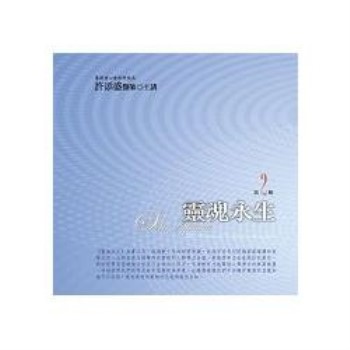This book presents the theory of non-equilibrium thermodynamics in a pedagogical and practical way that targets engineering applications. In it, tools to take advantage of the second as well as the first law of thermodynamics are provided.The book starts by explaining how the entropy production is the cornerstone of non-equilibrium thermodynamics -- the basis to describe coupled transport phenomena, which are highly relevant for several renewable energy technologies. The book also uses entropy production as the foundation for a systematic methodology to analyze and improve energy efficiency, and shows how entropy production can be used to test the consistency of transport models. The link between transport theory and energy efficiency is also shown, and the relationship to exergy analysis is demonstrated. The theory is applied using examples from practical cases like evaporation, heat exchange, reactor optimization, distillation and more.Non-Equilibrium Thermodynamics for Engineering Applications may be used as a textbook for undergraduate and graduate university curricula containing thermodynamics or energy conversion issues at large, chemical and mechanical engineering, applied chemistry and applied physics.
| FindBook |
|
有 1 項符合
Kjelstrup的圖書 |
 |
$ 7080 | Non-Equilibrium Thermodynamics for Engineering Applications
作者:Kjelstrup 出版社:World Scientific Publishing Company 出版日期:2024-08-16 語言:英文 規格:精裝 / 280頁 / 普通級/ 初版  看圖書介紹 看圖書介紹
|
|
|
圖書介紹 - 資料來源:博客來 評分:
圖書名稱:Non-Equilibrium Thermodynamics for Engineering Applications
|










